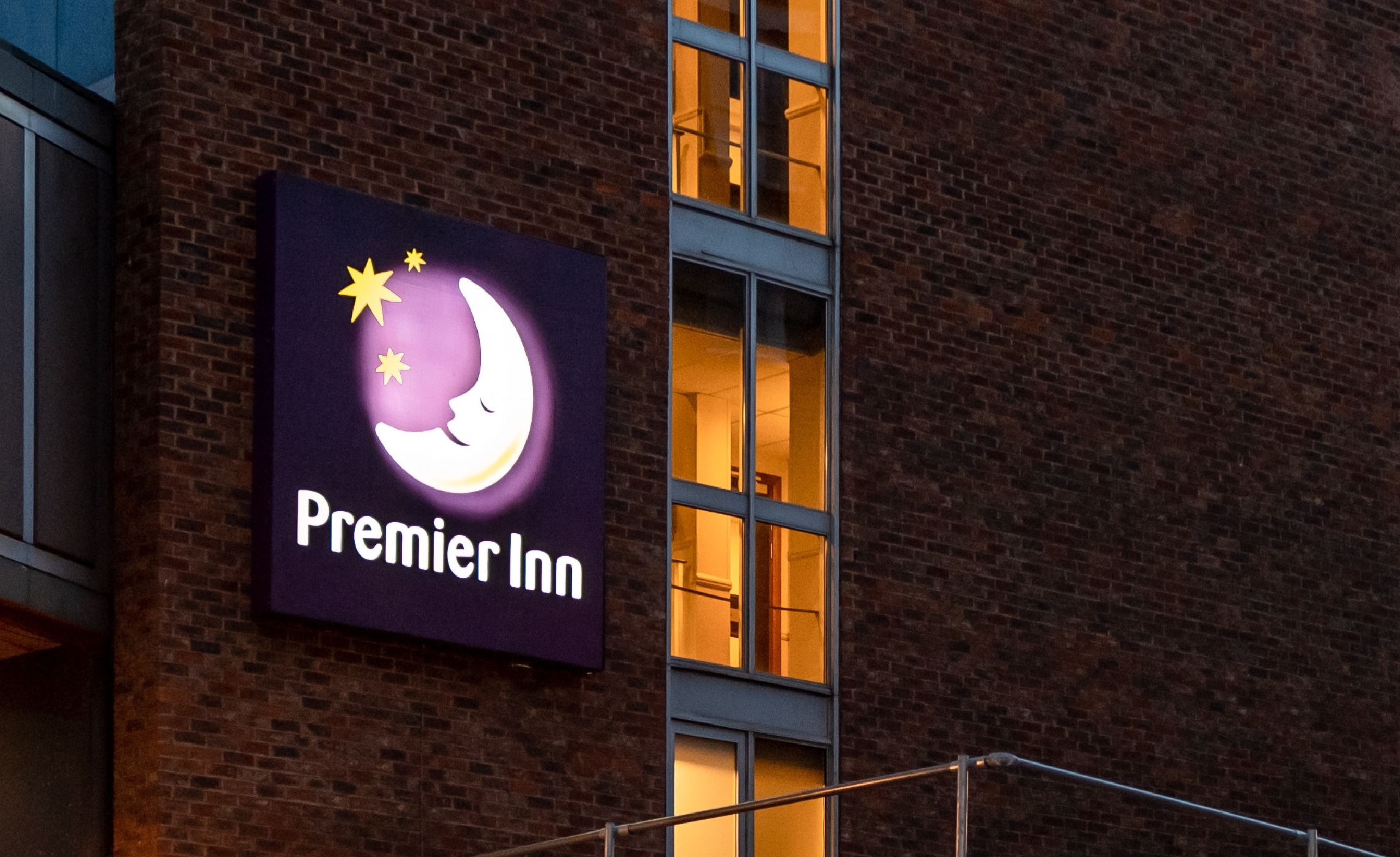Dunelm has reported a 1.6% jump in Q2 sales to £490m, despite the furniture retailer facing what it described a “challenging” market.
The group’s Q2 trading period took its H1 sales to £894m, a figure up by 2.4% on its opening half performance a year earlier.
Dunelm, which was publishing its results for the 13-week period up to 28 December, said it was pleased with its performance in a “volatile” market, suggesting it had gained market share and demonstrated value to its customers.
Amid ongoing cost challenges for the home furnishings sector, Dunelm confirmed it is still expecting its full-year profit before tax to be within the range of its market expectations between £207m and £217m.
“We are growing sales and volume, with customers again responding well to the value and choice we offer across our ranges,” Dunelm CEO, Nick Wilkinson, commented.
“At the same time, we’ve made significant strategic progress across multiple initiatives which are helping us to improve our attractive, specialist offer and continue to gain market share.”
Dunelm also said it was “mindful” of the impact of the Autumn Budget announcement on its business, suppliers and customers. The company, which has 11,500 employees, said it had anticipated the national living wage increase but warned the increase in employer national insurance contributions would be an “additional cost headwind”
The retailer said that initiatives to drive productivity across the business were underway, and that it anticipates to mitigate the “upward pressure on costs over the medium term”.
Investment director at AJ Bell, Russ Mould, commented that Dunelm “faces an uphill battle this year”.
“Pressure on costs from Budget-related initiatives and a fragile consumer backdrop means the retailer will have to work extra hard to stay on track,” Mould added.
“The fact it has maintained full-year profit guidance comes across as slightly ambitious. There is a real risk that Dunelm’s trading deteriorates in the coming months because of the market backdrop rather than any fault of its own. It might have been better to take an ultra-cautious view of the outlook than hope for the best and subsequently disappoint the market.”
Latest News
-
Greggs profits down as bakery sales cool
-
Aberdeen Group in ‘much better shape’ in 2025 results
-
Reach profits up despite dip in annual revenue
-
Kier Group hits record order book in H1
-
Three hotel chains investigated by UK competitions regulator
-
Bunzl shares increase as it reiterates full-year guidance
© 2019 Perspective Publishing Privacy & Cookies










Recent Stories